![This is a thumbnail image of blog Prioritize Dental Health This Holiday Season for a Bright and Healthy Smile This is a thumbnail image of blog Prioritize Dental Health This Holiday Season for a Bright and Healthy Smile]()
Prioritize Dental Health This Holiday Season for a Bright and Healthy Smile
Dec 22, 2023![This is a thumbnail image of blog Dos and Don'ts before the Root Canal Procedure This is a thumbnail image of blog Dos and Don'ts before the Root Canal Procedure]()
Dos and Don'ts before the Root Canal Procedure
Feb 25, 2022![This is a thumbnail image of blog Perks of Having a Family Dentist This is a thumbnail image of blog Perks of Having a Family Dentist]()
Perks of Having a Family Dentist
Jun 29, 2022![This is a thumbnail image of blog Why is it Essential To See Your Dentist in December? This is a thumbnail image of blog Why is it Essential To See Your Dentist in December?]()
Why is it Essential To See Your Dentist in December?
Dec 08, 2022![This is a thumbnail image of blog Tips for Teeth Healthy Thanksgiving This is a thumbnail image of blog Tips for Teeth Healthy Thanksgiving]()
Tips for Teeth Healthy Thanksgiving
Nov 16, 2022

Is Sleep Apnea Curable?
Do you find yourself feeling exhausted after a full night's sleep? Are you waking up with headaches or feeling irritable and restless throughout the day? If so, you may be one of the millions of people worldwide who suffer from sleep apnea. Sleep apnea is a common condition that interrupts breathing during sleep, leading to poor-quality rest and potentially serious health complications.
What Is Sleep Apnea?
Sleep apnea is a common sleep disorder characterized by interruptions in breathing during sleep. There are three main types of sleep apnea: obstructive, central, and complex. Obstructive sleep apnea is the most common type and occurs when the muscles in your throat relax, causing a blockage in your airway.
Central sleep apnea occurs when there is a problem with the brain's signaling to breathe properly, while complex or mixed sleep apnea involves both obstructive and central components.
People who have this condition may not be aware that they have it since it can occur without them waking up entirely from their slumber. However, symptoms such as loud snoring, gasping for air during sleep, daytime drowsiness, or fatigue upon waking up indicate you might suffer from this disorder.
Causes of Sleep Apnea
One of the primary causes of sleep apnea is excess weight or obesity. When someone carries extra weight, it can put pressure on their airways and cause them to collapse during sleep. This results in episodes where breathing stops for short periods.
Another common cause of sleep apnea is age-related changes in our bodies. As we get older, our muscles become weaker, including those responsible for keeping our airways open while we sleep.
In addition to these factors, other medical conditions such as hypertension (high blood pressure), diabetes, or chronic nasal congestion can also increase the likelihood of developing obstructive sleep apnea.
Lifestyle choices such as alcohol consumption and smoking have been shown to increase the risk of developing this condition.
Symptoms of Sleep Apnea
Sleep apnea is a serious condition that can cause significant health problems if left untreated. The most common symptoms of sleep apnea include loud snoring, gasping for air during sleep, and feeling tired or fatigued throughout the day.
One of the key symptoms of sleep apnea is loud snoring. This occurs when the airway becomes partially blocked during sleep, causing vibrations in the throat that produce sound. While not all people who snore have sleep apnea, it is something to be aware of if you or your partner are experiencing this symptom.
Another symptom of sleep apnea is waking up suddenly with a sensation of choking or gasping for breath. This can occur when the airway becomes completely blocked, and breathing temporarily stops.
People with sleep apnea may also experience excessive daytime fatigue or drowsiness due to poor quality and interrupted sleep at night. They may find themselves falling asleep during activities such as driving or working, which can be dangerous.
In addition to these main symptoms, some people with sleep apnea may also experience headaches upon waking, difficulty concentrating, and memory problems.
Is Sleep Apnea Curable?
The answer to this question depends on the severity of your condition. Mild cases of sleep apnea can be treated with lifestyle changes like losing weight, avoiding alcohol before bedtime, and sleeping on your side. However, for moderate to severe cases, medical intervention may be necessary.
Continuous Positive Airway Pressure Therapy (CPAP) is a common treatment option that uses a machine to deliver air pressure through a mask worn over the nose or mouth during sleep. Other treatments include oral appliances and surgery in extreme cases.
While these treatments can effectively manage symptoms of sleep apnea, they do not offer a permanent cure. Therefore, it's crucial to maintain good habits such as maintaining a healthy weight and avoiding alcohol consumption before bedtime, even after successful treatment.
While there is no known cure for sleep apnea at the present time, effective management through proper treatment and lifestyle modifications can help individuals live healthier lives despite their diagnosis.
To learn more about our good oral care practices, visit Amin Taba D.D.S. PLLC at 5701 Northeast Bothell Way Suite 3, Kenmore, WA 98028. Call us at (425) 486-9233 or visit our website to schedule an appointment.
Office Hours
MON9:00 am - 4:00 pm
MON - TUE9:00 am - 5:00 pm
TUE - WED7:30 am - 5:30 pm
WED9:00 am - 5:00 pm
THU7:30 am - 5:30 pm
THU - FRI9:00 am - 5:00 pm
FRI9:00 am - 4:00 pm
SAT - SUNClosed
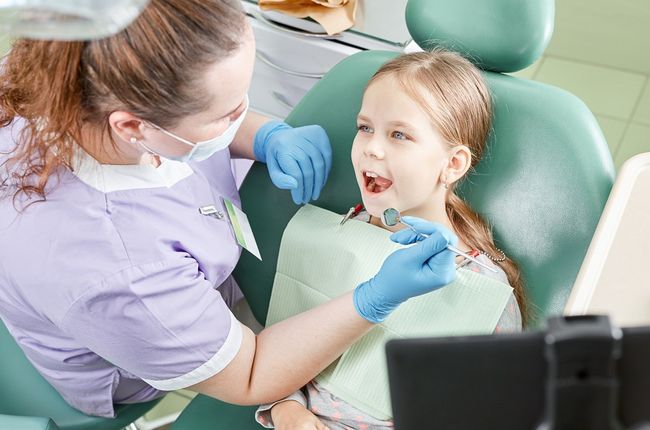






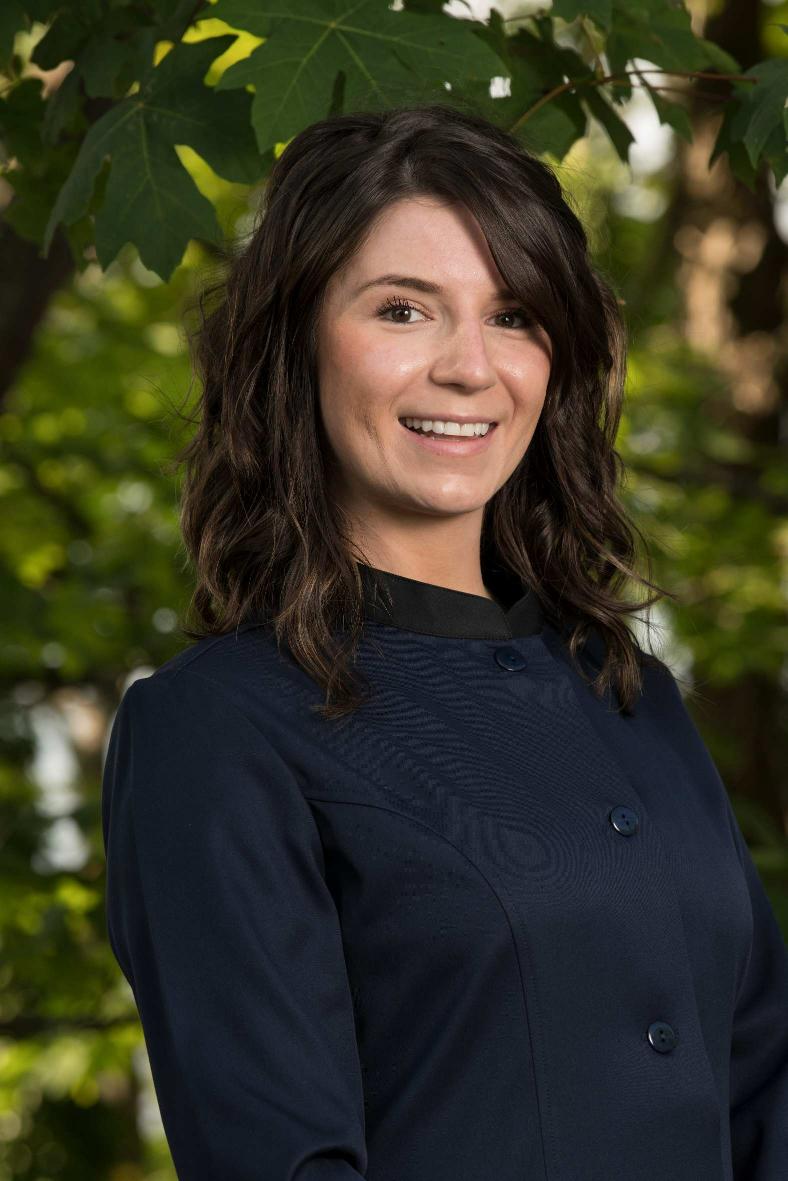

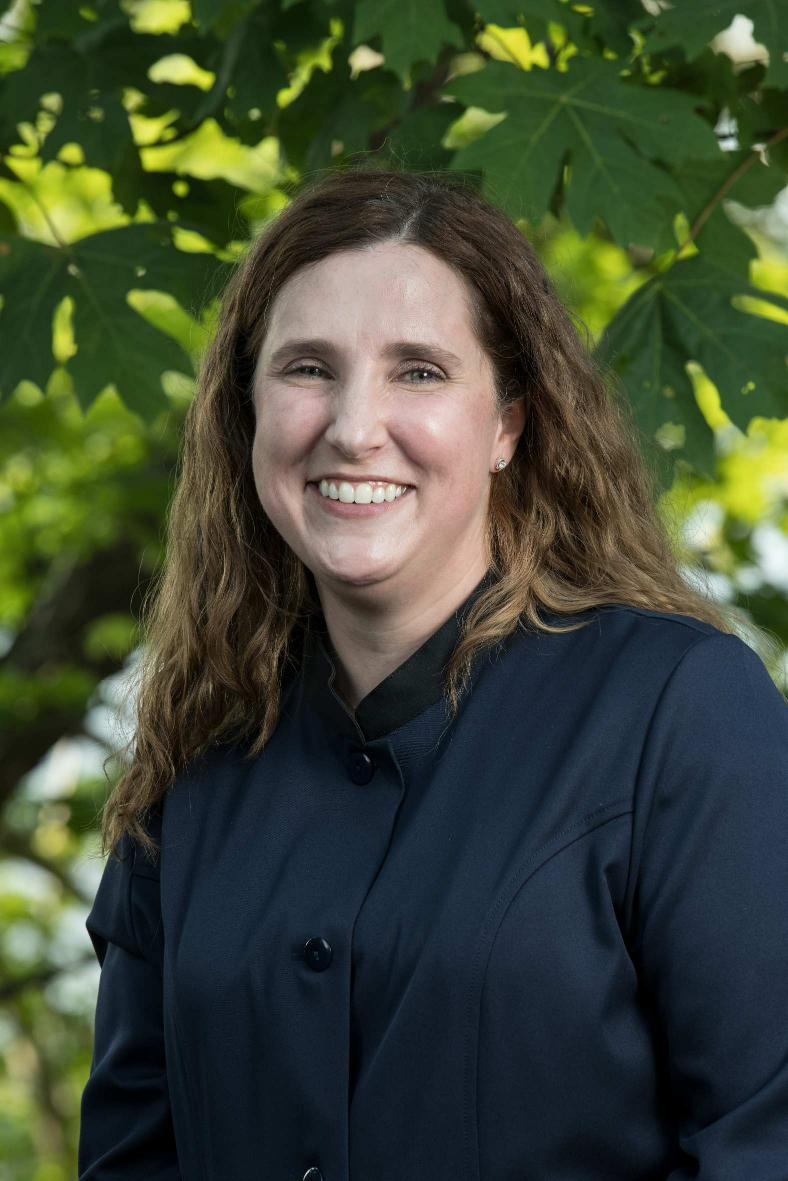
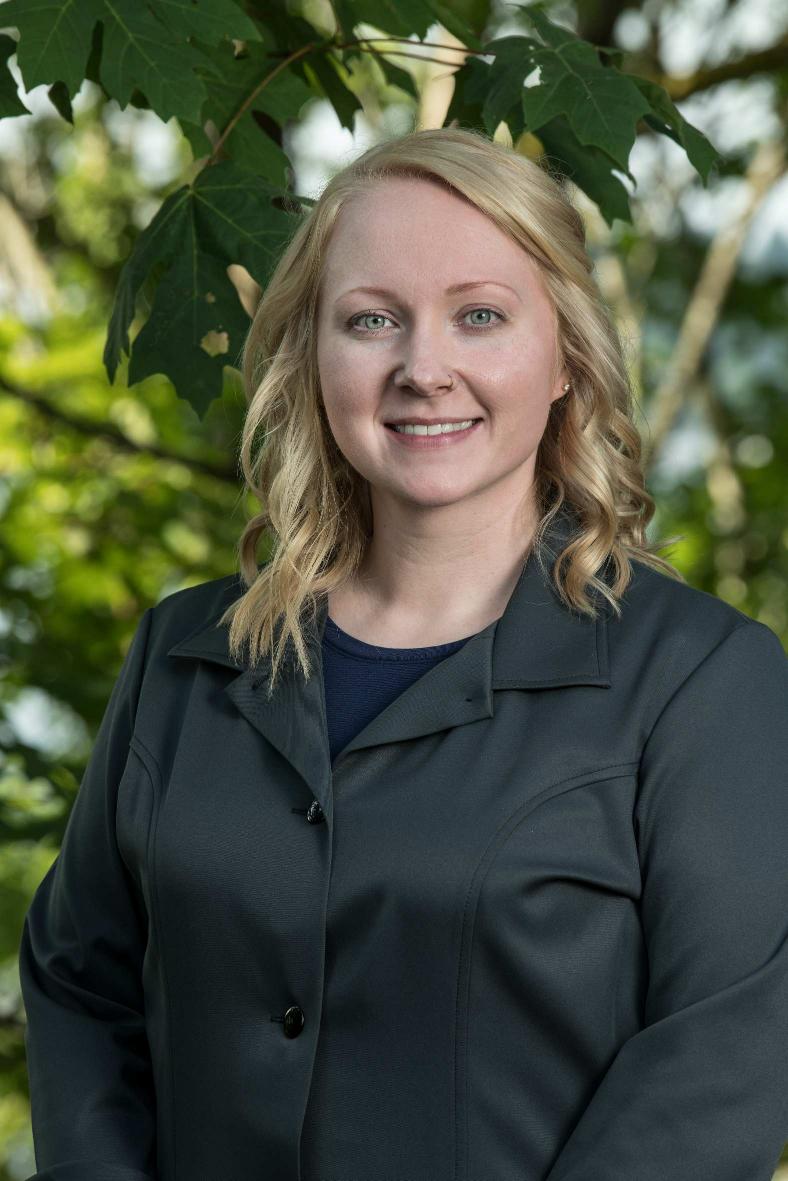
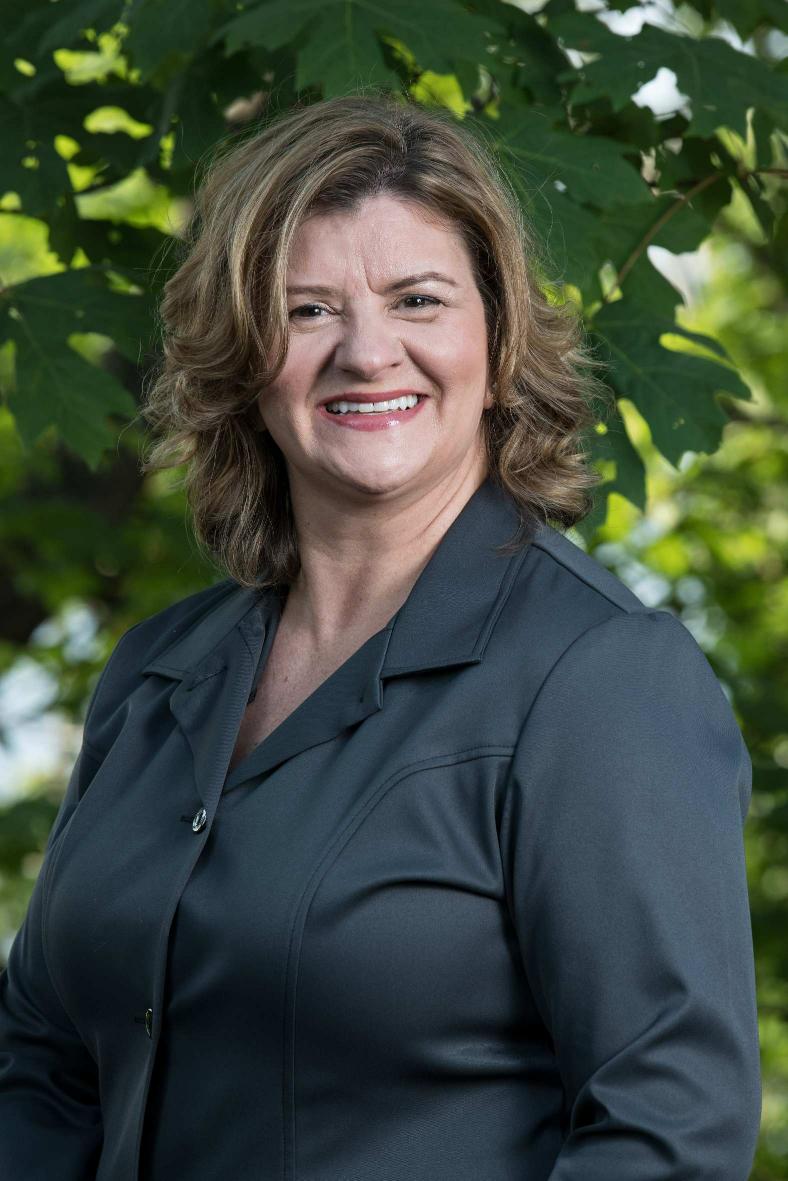
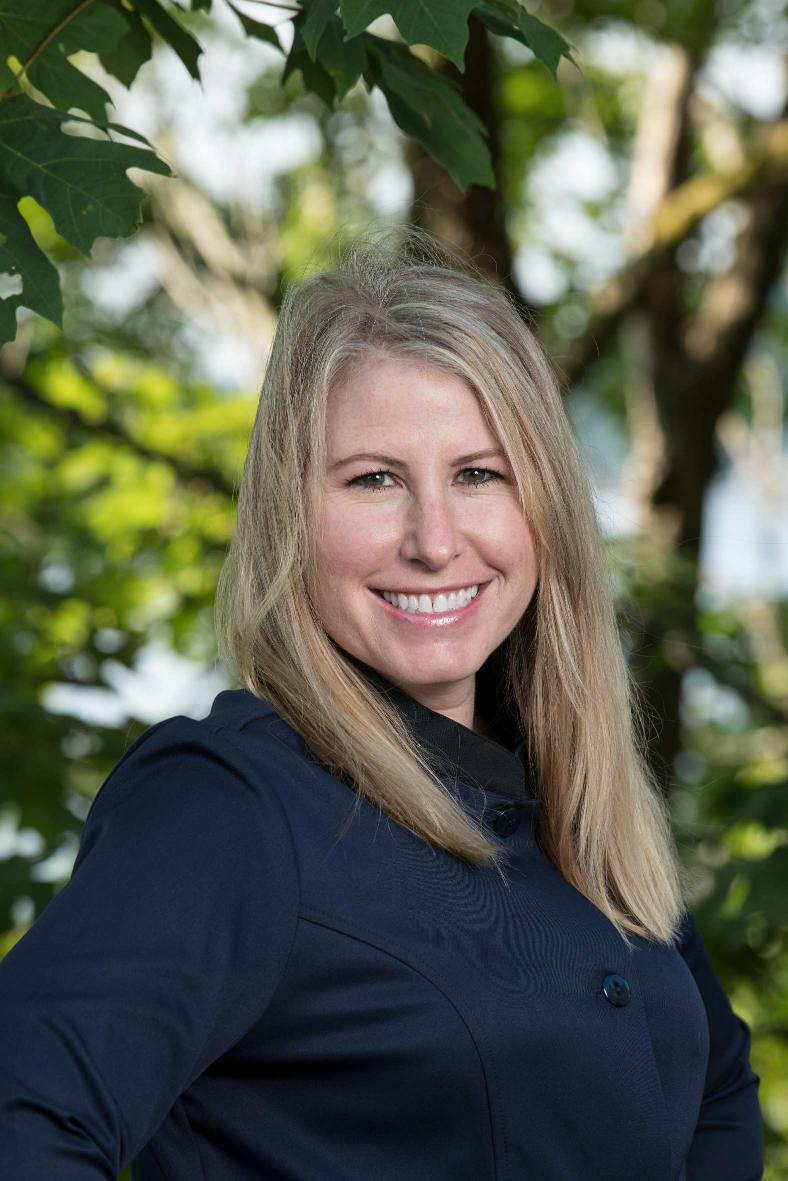
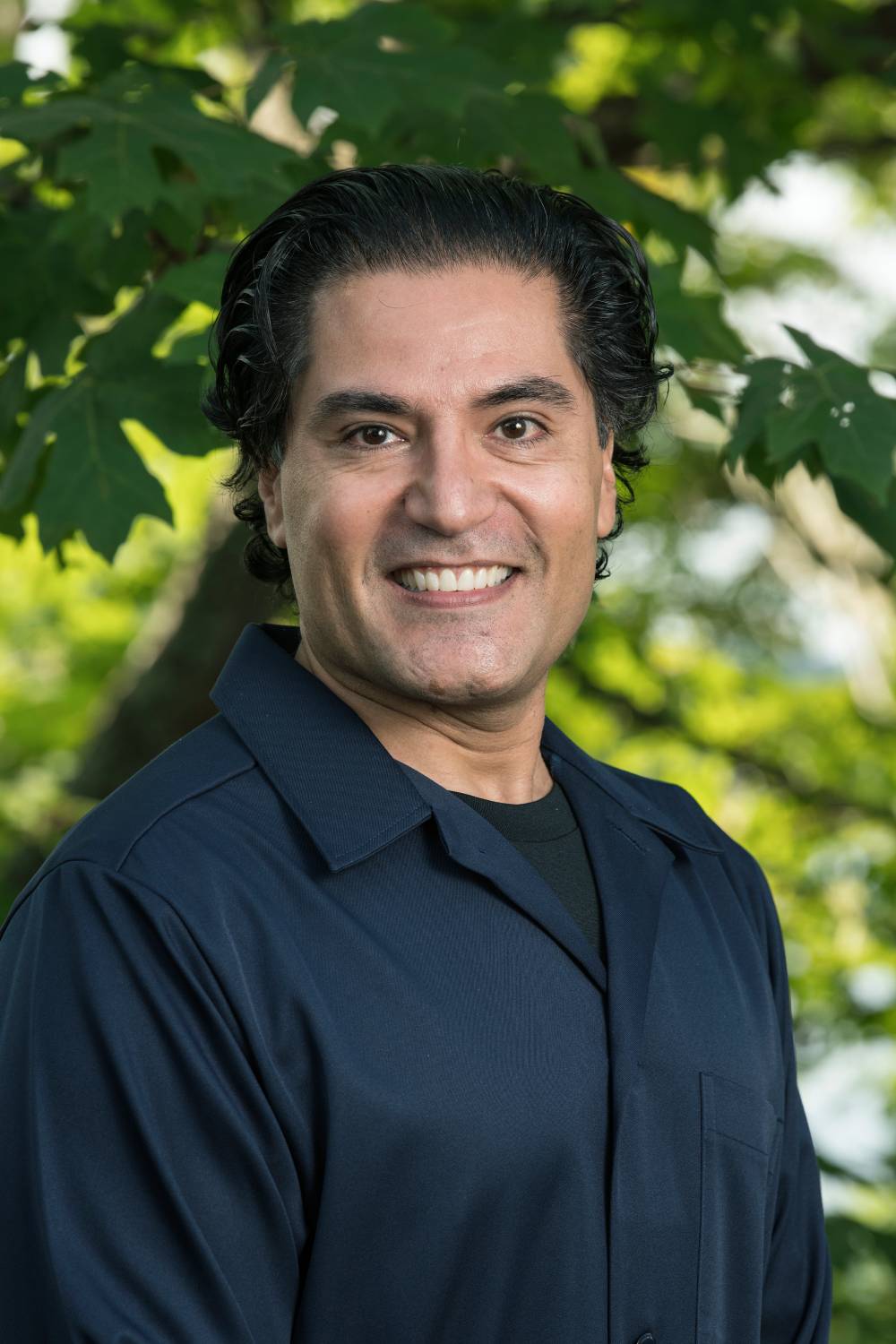






comments